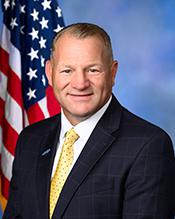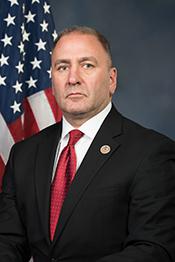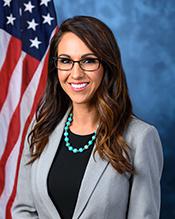0
Value Over Cost Act
1/14/2025, 7:03 PM
Summary of Bill HR 9596
The Value Over Cost Act aims to ensure that federal agencies are not solely focused on finding the cheapest option when purchasing goods and services. Instead, the bill encourages agencies to consider factors such as quality, performance, and long-term benefits when making procurement decisions.
The bill includes provisions that require federal agencies to conduct cost-benefit analyses for procurement decisions, taking into account the overall value that a particular product or service will provide. This analysis will help agencies determine the best value for taxpayer dollars and ensure that they are making informed and responsible purchasing decisions. Additionally, the Value Over Cost Act promotes transparency and accountability in federal procurement by requiring agencies to publicly disclose their procurement decisions and the rationale behind them. This will help ensure that taxpayer dollars are being spent wisely and that federal agencies are held accountable for their purchasing choices. Overall, the Value Over Cost Act is aimed at improving the efficiency and effectiveness of federal procurement processes by prioritizing value over cost. By encouraging agencies to consider a broader range of factors when making purchasing decisions, the bill seeks to ensure that the government is getting the best possible value for taxpayer dollars.
Congressional Summary of HR 9596
Value Over Cost Act of 2024
This bill specifies that contracts and orders under the multiple award schedule program of the General Services Administration (GSA) may be evaluated on best value, rather than lowest overall cost, if the GSA determines that to be in the best interests of the federal government. (Best value allows consideration of non-cost factors when evaluating contract proposals to determine the offer that provides the greatest overall benefit. The GSA's multiple award schedules provide federal agencies with a simplified process for obtaining commercial supplies and commercial services at prices associated with volume buying.)
Read the Full Bill
Current Status of Bill HR 9596
Bipartisan Support of Bill HR 9596
Total Number of Sponsors
15Democrat Sponsors
0Republican Sponsors
15Unaffiliated Sponsors
0Total Number of Cosponsors
7Democrat Cosponsors
1Republican Cosponsors
6Unaffiliated Cosponsors
0Policy Area and Potential Impact of Bill HR 9596
Primary Policy Focus
Government Operations and PoliticsPotential Impact Areas
Alternate Title(s) of Bill HR 9596
Comments

Rhys Meyer
1 year ago
I love this new bill, it's gonna make everything better for us! Can't wait to see how it works out. What do you think will happen in the short term?

Cora Stevens
1 year ago
This bill is great, it will help us save money and get better value for our tax dollars. But how will it impact small businesses in rural areas?

Bethany Haas
1 year ago
Excited for this new bill! Can't wait to see how it helps us all out. #ValueOverCostAct




